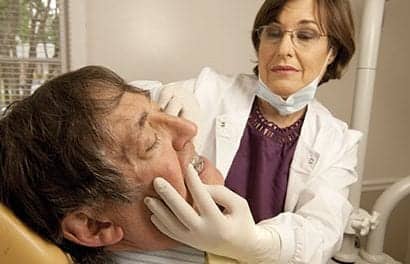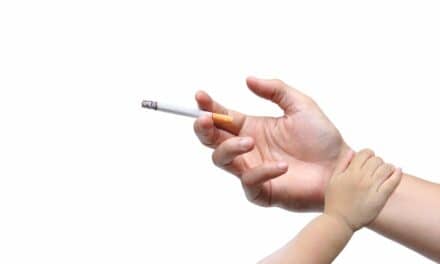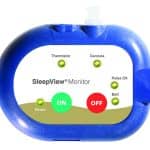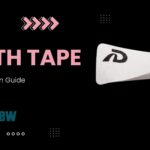As part of the National Sleep Foundation’s (NSF) mission to improve health and well-being through sleep education and advocacy, the NSF debuts results from the Understanding Sleep Apnea Survey. The survey report, supported by Inspire Medical Systems Inc, shares insights into how Americans view sleep apnea.
Key findings from the NSF survey include:
Do Americans Want to Know If They Have Sleep Apnea?
- When presented with the scenario of having symptoms of sleep apnea, only about 50% of people were definitive in their desire to know if they actually had sleep apnea.
- While 30% of those who were not certain they would want to know their diagnostic status say they “mostly” would like to know their diagnostic status, another 17% of people would not want to know if they had sleep apnea, including 9% of adults who “would not want to know at all.”
How Do Americans Think Sleep Apnea Can Be Treated?
- When queried to identify various treatment options for sleep apnea, most people correctly identified lifestyle changes like losing weight or limiting alcohol and breathing devices, like CPAP.
- Fewer, but still the majority, identified treatment options like implantable medical devices, dental appliances, nasal strips, and specialty pillows and bedding as treatment options for sleep apnea.
- Less than half of all adults identified throat/facial surgery or medication as treatments for sleep apnea.
How Willing Are Americans to Try Specific Sleep Apnea Treatments?
In terms of likeliness to try various sleep apnea treatment options, American adults were most likely to try:
- lifestyle changes (85%), followed by
- oral medications (72%),
- dental appliances (68%),
- and CPAP machines (59%).
- People were less likely to try injectable medication (47%), implantable devices (34%), or general surgeries (33%).
“National Sleep Foundation is concerned about the impact of undiagnosed and untreated sleep apnea on our nation’s health. It’s a serious public health concern that affects tens of millions of Americans, and the public regularly asks NSF for education about the disorder. By finding and addressing gaps in the public’s understanding, attitudes, and actions about sleep apnea, we’re doing our part to help people ultimately get to a clinical professional and take the right steps towards treatments they may need,” says John Lopos, NSF CEO, in a release.
“Inspire Medical Systems Inc understands the importance of supporting this study by the National Sleep Foundation and collaborating to share its results. We believe these important findings shed light on the critical gaps and opportunities in education on sleep apnea consequences and treatments, which could ultimately help many people get healthy sleep. Knowing the public can benefit from innovative alternatives, Inspire is committed to advancing the awareness of treatment options and access for patients, including with its FDA-approved treatment for those with obstructive sleep apnea who have tried and failed CPAP. By supporting this work, we hope all Americans can better understand the importance of sleep and its impact on their health,” says Tim Herbert, Inspire Medical Systems chairman and CEO, in a release.
The survey was conducted by National Sleep Foundation via the nationally representative Ipsos KnowledgePanel, in which participants are randomly recruited via address-based sampling to respond to survey questionnaires online. The questionnaire was administered in either English or Spanish, and field work was conducted December 20-30. Data were weighted via iterative proportional fitting to match the distributions of adults from the most recent U.S. Census Bureau’s Current Population Survey.
The final sample was comprised of 1,015 American adults ages 18-90 years old (M = 48, SD = 18.21) who were representative of the US adult population (i.e., 61% White, 12% Black, and 18% Hispanic; 51% female).
Dive Deeper:
ID 345935051 © Andrii Zorii | Dreamstime.com









